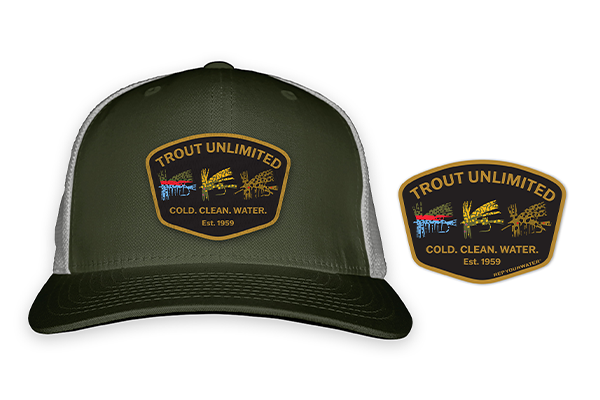Yesterday, the Supreme Court unanimously ruled that district courts across the country — not the circuit courts–should be the first to hear the merits of cases regarding the 2015 Clean Water Rule. In 2015, the Sixth Circuit stayed the Clean Water Rule nationwide. Pending the outcome of litigation in the district courts, yesterday’s decision potentially opens the door to implementation of the 2015 Clean Water Rule.
TU strongly supported the Clean Water Rule in 2015 as it clarified that federal Clean Water Act protections apply to smaller tributary streams that may flow intermittently. Such streams comprise over 60 percent of all stream miles in America and provide crucial spawning and rearing habitat for salmon, steelhead and trout and drinking water for one-third of Americans.
In 2017, the EPA moved to “repeal” the Clean Water Rule, and signaled that it would “replace” the Rule with an interpretation that might eliminate clean water protections for intermittent and seasonal streams.
The Supreme Court’s decision is a reminder that this issue is far from resolved, and that sportsmen and women must stay actively engaged to ensure that our waterways are protected. Whether this issue is ultimately resolved in courts, in Congress, or by the Administration, it is important for the federal government to get it right. Clean water is the most basic requirement of trout and salmon, and the people who fish for them. Gravity works cheap, and it never takes a day off. To be effective, the Clean Water Act must be able to require permits for polluting activities in headwaters and wetlands that flow downstream through communities to our major lakes, rivers and bays. The Clean Water Rule is based on well-established science, legal precedent and reasonable exemptions for agricultural producers as land stewards, and we expect the courts will eventually uphold its substance.
Trout Unlimited will continue to defend clean water wherever it is threatened. The Administration can try to change direction on this Rule but they cannot change the fact that clean water is a basic right and expectation of every American. The Clean Water Rule does a good job of protecting our country’s waters while respecting private property rights. Hundreds of thousands of sportsmen and women around the country support water quality protections for our trout streams and water sources, and regulatory certainty for water users and landowners—and we expect the Administration, the courts, and Congress, to do the same.
— Chris Wood



